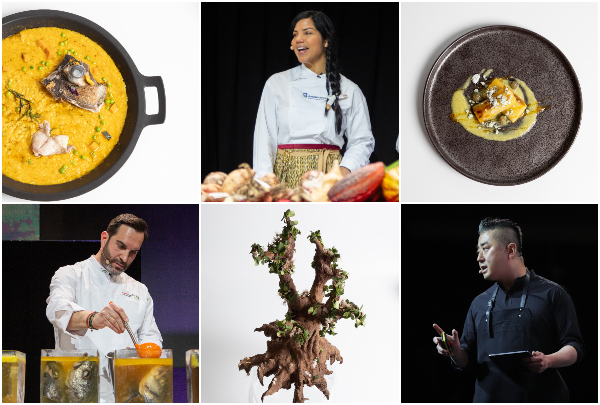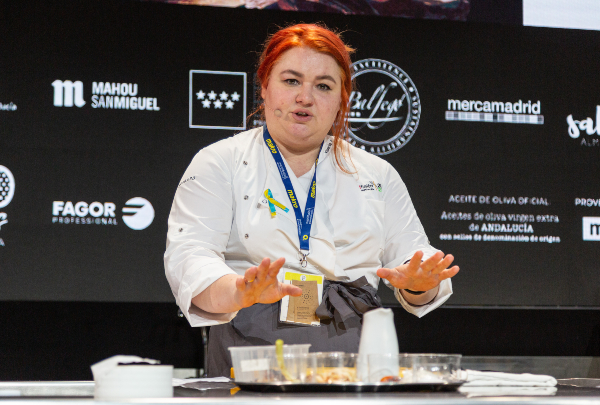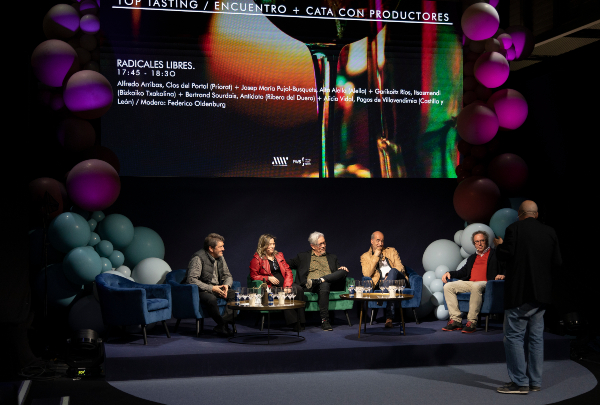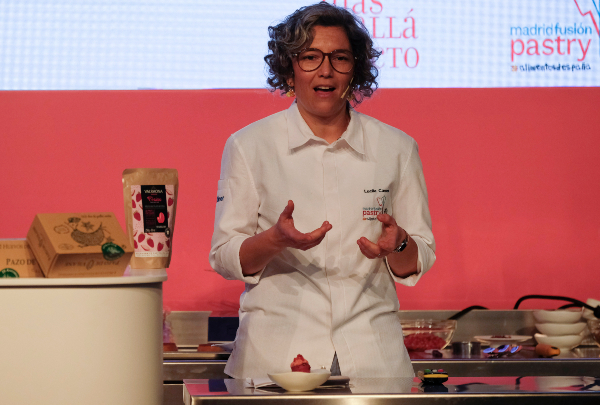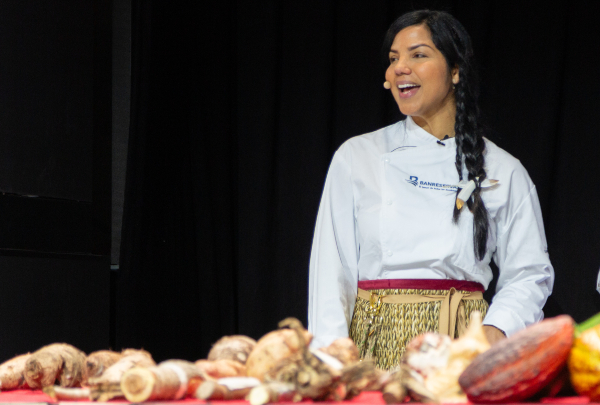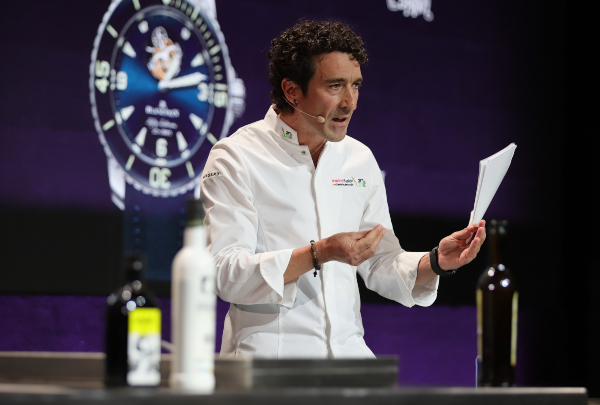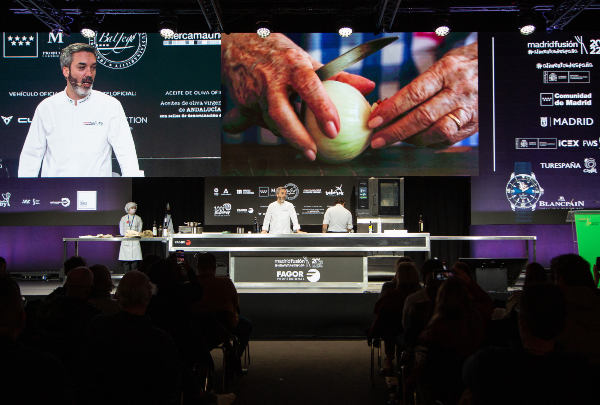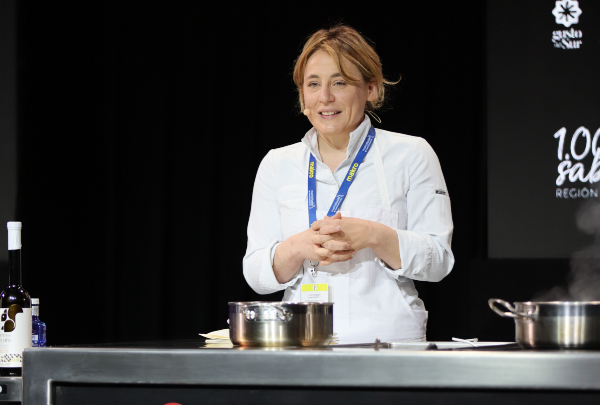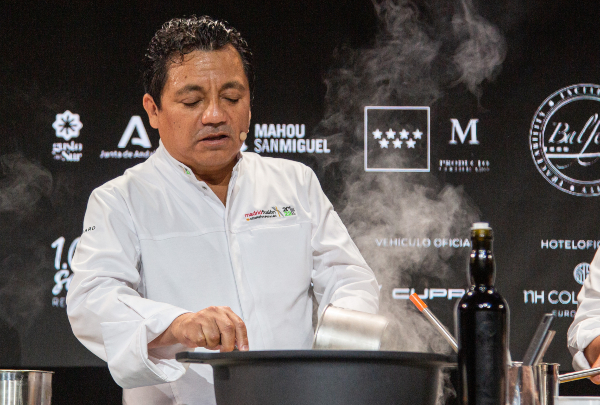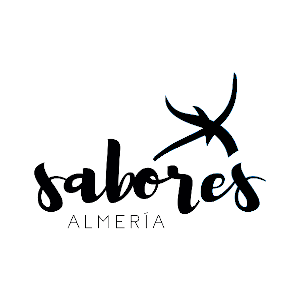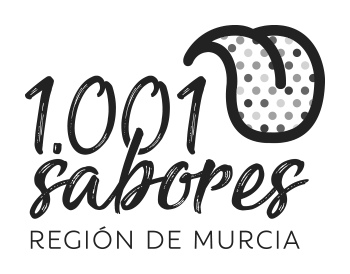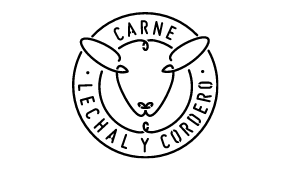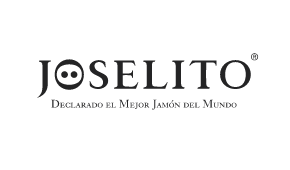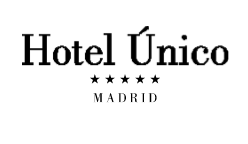News
Oriental combinations, ‘the other Rioja’ and alternative taverns revolutionise the last morning of The Wine Edition Wines from Spain
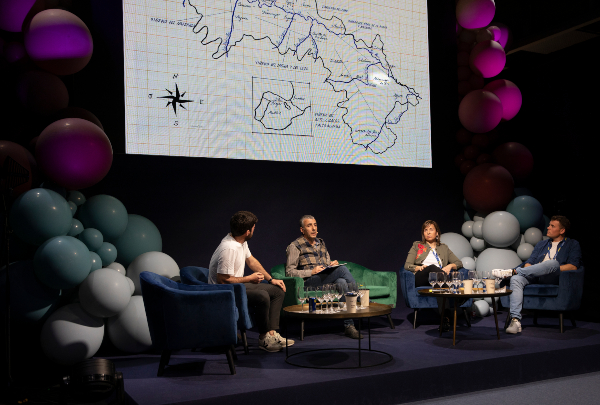
The last day of The Wine Edition Wines from Spain began with a study of ‘the other Rioja’. Spain's main historical winemaking region is now experiencing a silent revolution by small-scale producers committed to the territory, and this was noted at the encounter with winemakers moderated by journalist and writer Alberto Gil, on the basis of some of the foremost wines in this change of paradigm.
Berta Valgañón (Pretium), Miguel Eguíluz (Cupani) and Carlos Mazo (Vinos en Voz Baja) are a few examples of this new way of understanding and making wine. During the "Rioja's silent revolution", the three winemakers took congress-goers on a geographic trip from Rioja's coldest area next to the Obarenes mountains, with Pretium's "tempranillo" and "viura" grapes, to the heart of the Sonsierra, with Cupani's "tempranillos", and the "garnachas" of Eastern Rioja from Vinos en Voz Baja, in a demonstration of the worth of these new generations of winemakers in Rioja's districts, villages and vineyards.
“New generations have been emerging at wineries over the last 10 years, and 'vintage-trackers' are arriving to seek out new vineyards in the area to make village and district wines, attaching importance to wood, but to the wood of the vine", explained Alberto Gil. “La Rioja is one of the Spanish regions with the most variety, talent and charisma at this point in time”.
“The wines represent the region, every village; it's difficult, but in a historical region with worldwide resonance, awash with nuances and winemaking styles which vary from one town to the next, it's possible to show consumers how we view the region through our wines. All that's needed is courage, because there are other producers marking out the path, and it's our decision whether or not to follow them", added winemaker Carlos Mazo during the session.
The "unknown producer" in a historical province such as Rioja is a real personage who is just as important as a leading brand name. But what can we do for these wines to break their silence? “Our job is to go on working to make precise wines that reflect the region, typical Rioja wines. The role played by the unknown producer, in fact, is rather appealing, and notching up points in guide books or appearing in magazines isn't everything", added the man from Vinos en Voz Baja.
“Doing the same as the rest in distribution isn't the way we want to go, and now I don't care any more because I've realised my function", replied Berta Valgañón. “What we have to do is to make people come to Rioja and discover us”.
The rebirth of the taverns
“The taverns are reborn from wine, they've become those charming, trustworthy places where wine reaches customers in a democratic process. These are the new wine influencers”. This was how journalist Paz Álvarez presented Wednesday's second round table in the auditorium for the wine section of Madrid Fusión Alimentos de España.
The new wine bars are keen to showcase different wines, to democratise the consumption of wine and, in a word, to promote wine culture by dispelling myths and opening the door to curiosity. Taberna A Curva (Pontevedra), La Tana (Granada) and La Caníbal (Madrid) are a few of these alternative taverns.
“What unites the three of us is that customers who come to us come with a preconceived concept of what they want to drink, and we change that concept”, said Javier Vázquez, owner of La Caníbal. “When customers order something, we try to make them order something different so that they can discover something new, and that is the main difference between us and other bars".
Are these taverns undertaking a pedagogical task? Are they influencers for other types of wines? “I see myself as a tavern owner first and foremost”, was the reply from Miguelanxo Besada, from Taberna A Curva. “It's a matter of reading the tables in the tavern, making them lose their fear of experimenting, and explaining to them what lies behind each label. Bringing wine to people”.
“What's nice about it is that customers eventually create a relationship of trust with you, and then allow themselves to be guided, you take them out of their comfort zone, and they leave happy”, added Jesús González, owner of La Tana.
How can you sell wine in a beer-drinking country? “The key factor is specialisation, limiting the range of beers to ease the public towards wine”, said González. Here it is the details that make the difference: “What I don't do is put a beer into a wine glass, because customers have to understand that the place specialises in wine", said Besada.
2nd Juli Soler Award for young talent
On Wednesday, Madrid Fusión The Wine Edition 2022 and Bodegas Ramón Bilbao's Spanish Wine Academy awarded the 2nd Juli Soler Prize to Talent and Future in Wine. An award acknowledging the potential of a group of young people who, in different areas of the world of wine (producers, sommeliers, associates) have distinguished themselves through a professional attitude and hard work.
The prize is named after one of our country's leading restauranteurs and sommeliers, Juli Soler, and is intended in homage to his passion for wine and his life's work to train and mentor an entire generation of sommeliers who are now seasoned professionals.
The talented young people awarded the Juli Soler Prize to Talent and Future in Wine this year at The Wine Edition Wines from Spain were selected by a panel of experts from over 50 candidates all over Spain. A prize presented by the Ramón Bilbao Wine Academy and awarded for the second year running by Pancho and Rita Soler, Juli Soler's children, which in its second year fell to winemaker Carlos Cerdán (Bodega Cerrón), winery owner Jose Gil, sommelier Maikel Rodríguez (Restaurante Iván Cerdeño**), communicator and creator of Mûd Wine Bar Carlos Casillas, and sommelier Shua Ibáñez (Restaurante Arzak***).
Fusion of East and West
To round off Wednesday morning in The Wine Edition Wines from Spain auditorium, Albert Raurich and Tamae Imachi headed up a very special "Vinomial" by way of an introduction to the taste of Asia with wines. Congress-goers were able to inspect at close quarters the liquid section of the Dos Palillos* restaurant, where the philosophy focuses on combining the complex nuances of Asian gastronomy in tapas, with beverages supplied by small artisan producers. This criterion has earned the Barcelona restaurant a Michelin star.
A fusion of East and West is possible. Chinese, Japanese and Thai cuisine can be harmonised with Western wines. And Imachi and Raurich proved this today with surprising and balanced combinations, such as a tuna tataki with a red Pinot Noir; a green chicken curry, slightly spicy, with a German Riesling; or the popular Iberian pig dewlap caramelised with Cantonese sauce and a glass of fortified VORS sherry.

 600.jpg)
